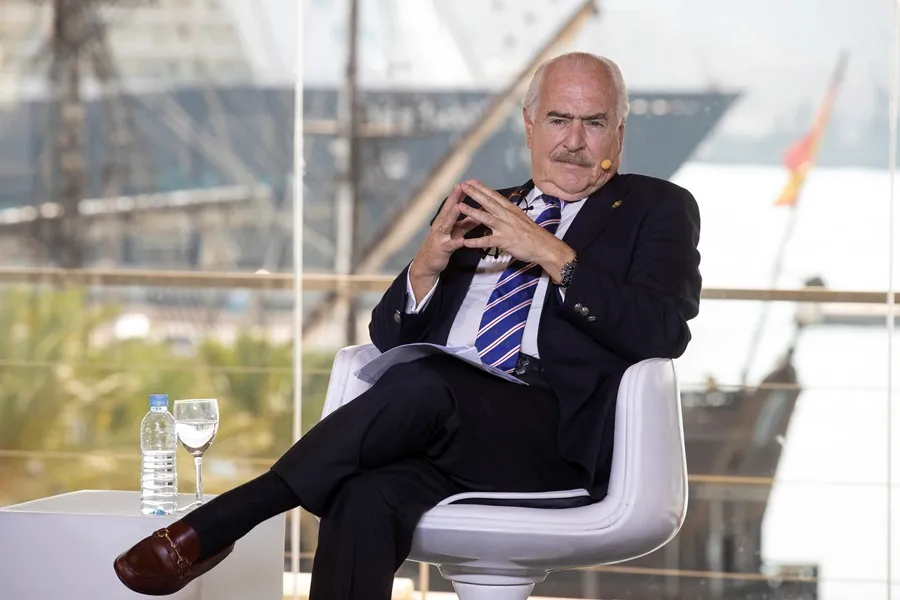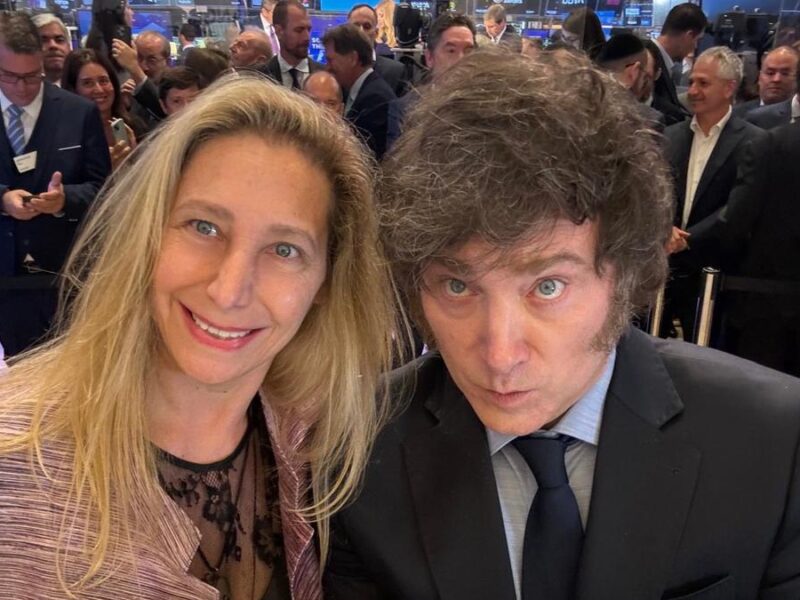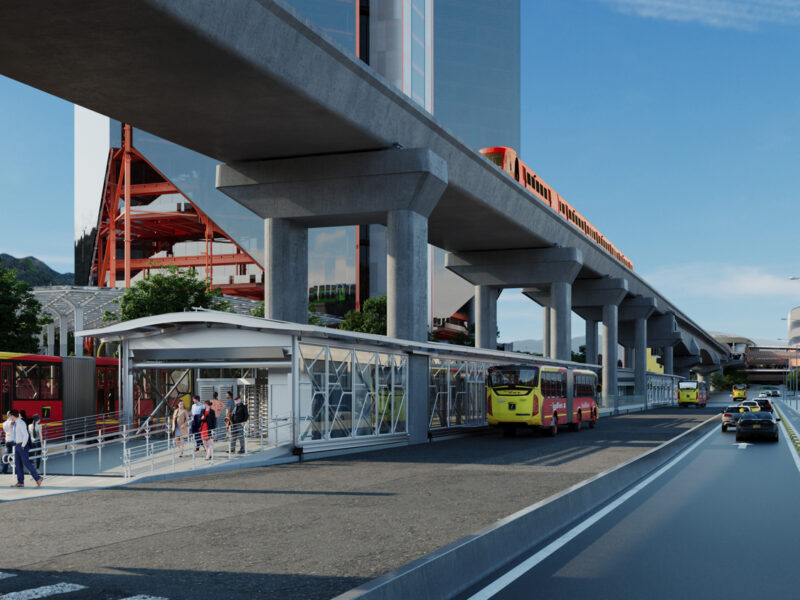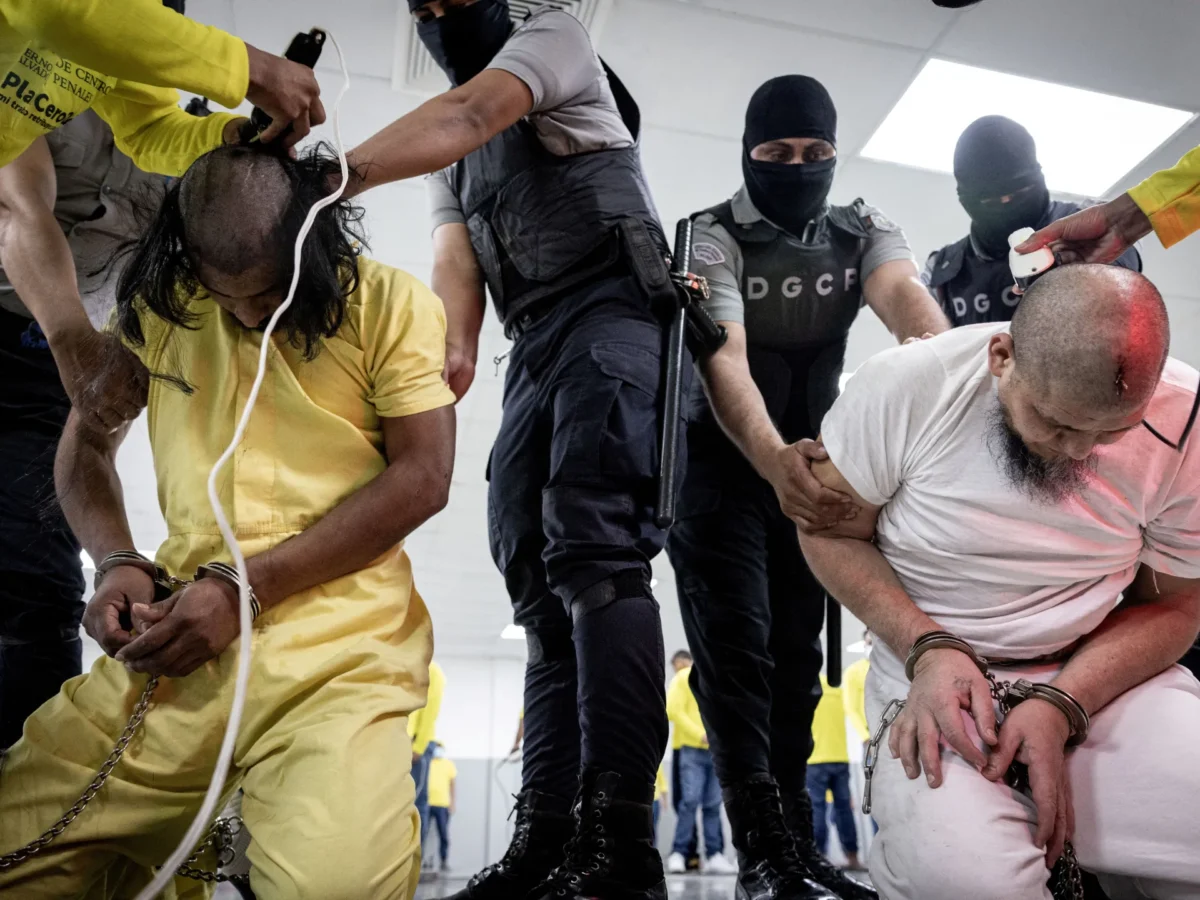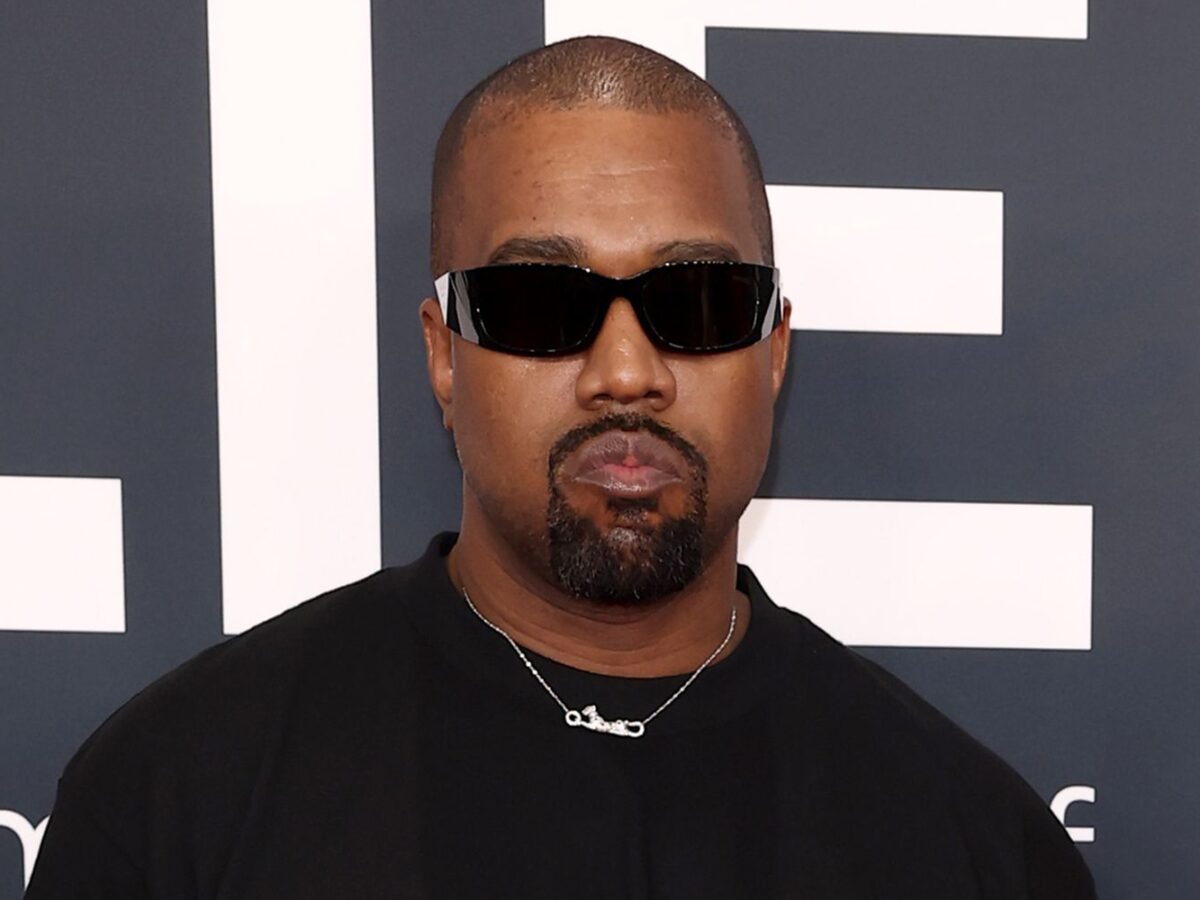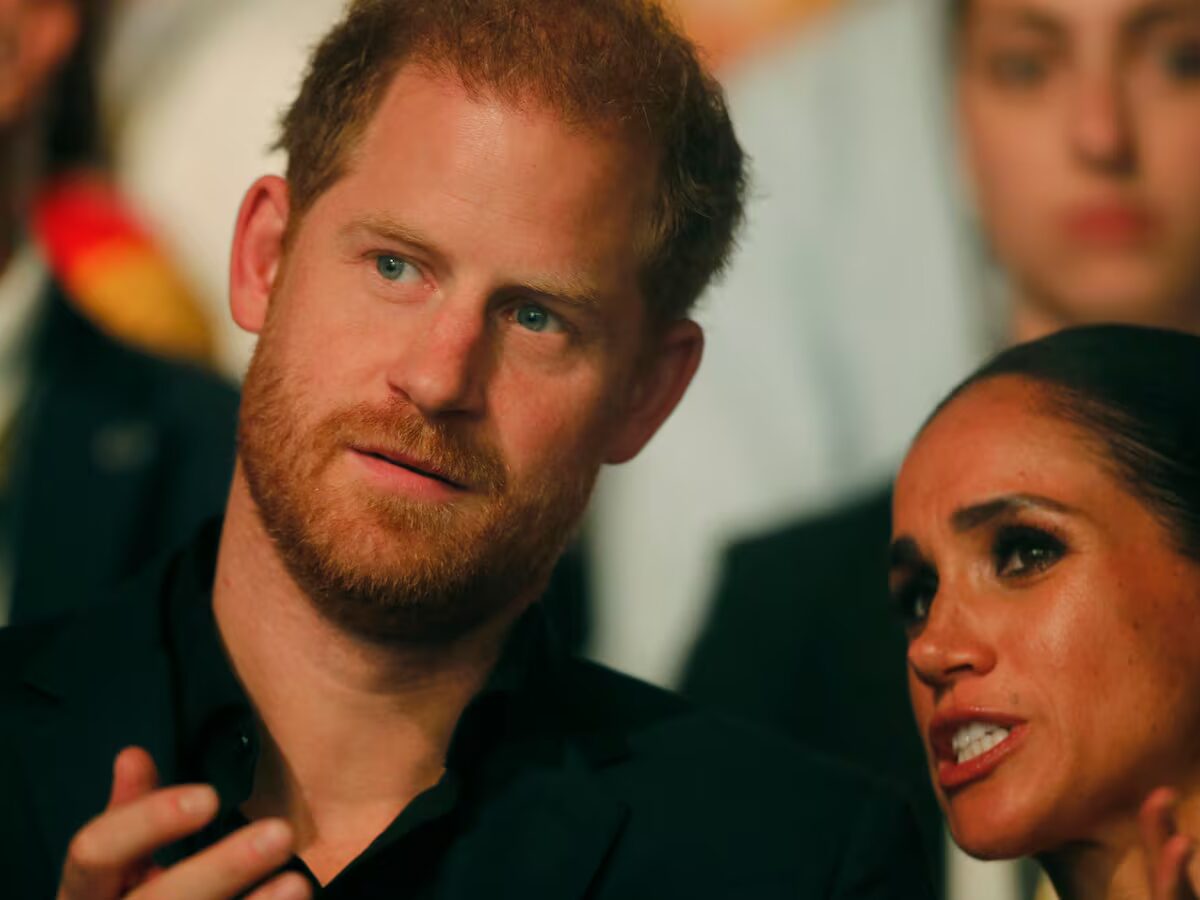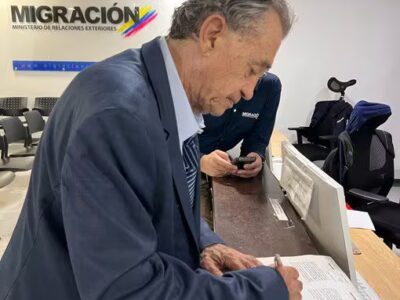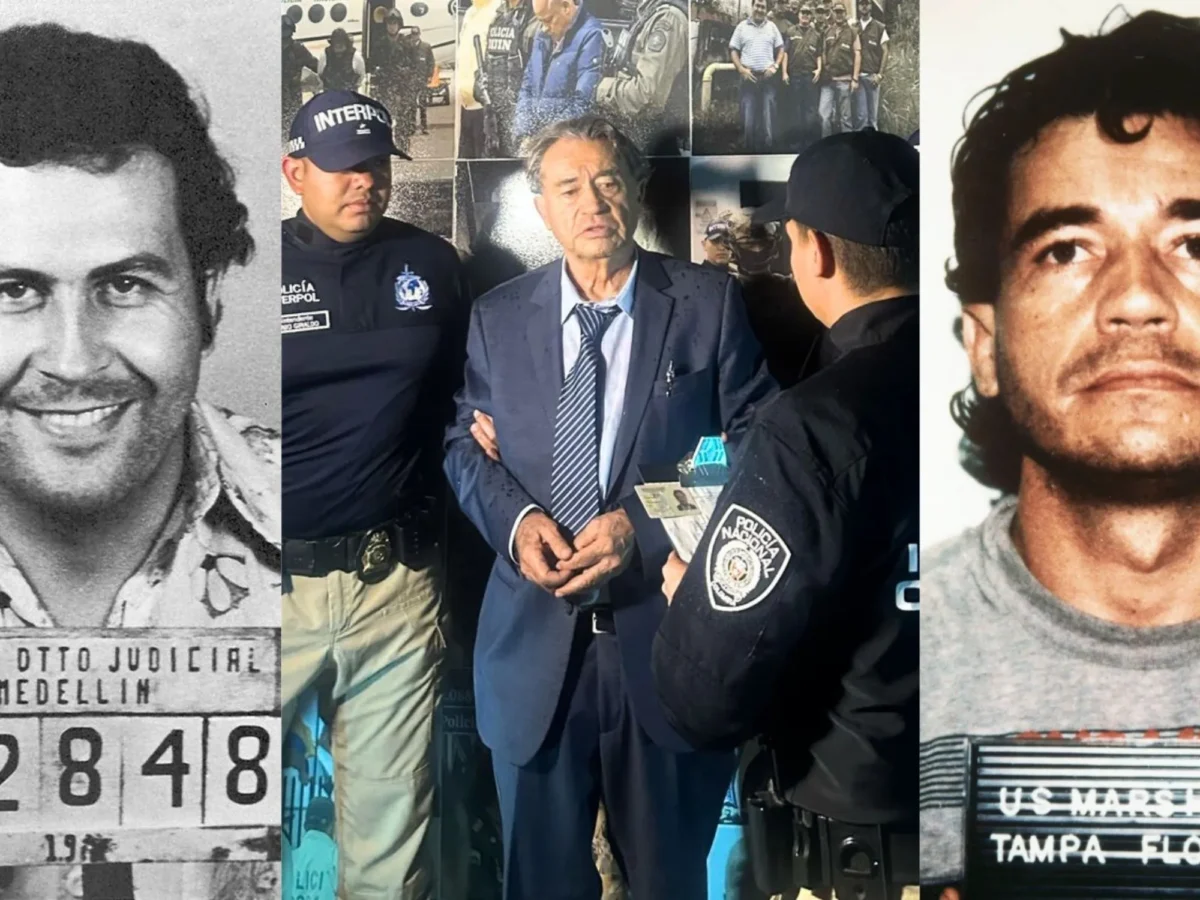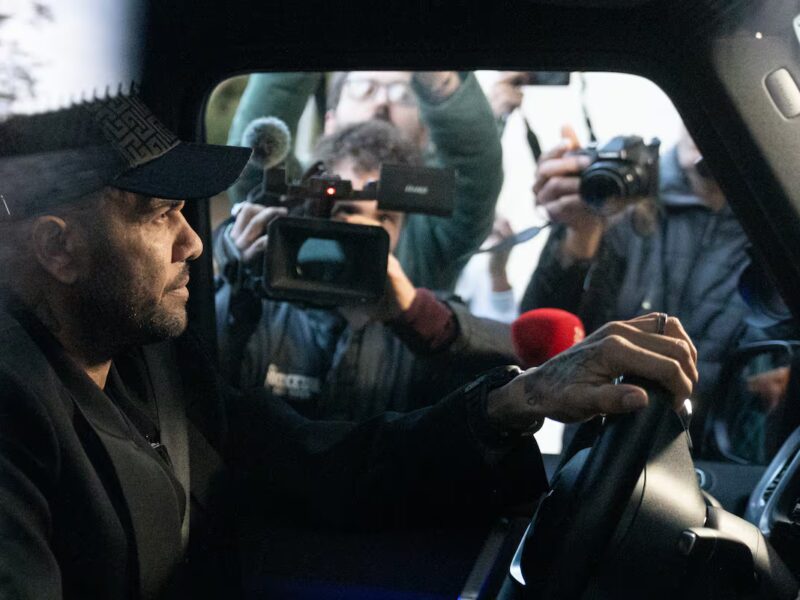Unexpected news!
Former Colombian President Andrés Pastrana (1998-2002) has reported that he was detained at Luanda’s Quatro de Fevereiro Airport upon arrival in Angola. Pastrana had traveled to the country to participate in an international conference on democracy, organized by the opposition party UNITA. In a distressing audio message to Caracol Radio, the former president expressed confusion about his situation, stating, “I don’t know where they are taking me. Who is coming here? Why am I here?”
Sources from Caracol Radio confirmed that Pastrana is among several political figures, including former presidents and opposition leaders, who have been held without clear justification. Meanwhile, the Colombian government has stated that its embassy in South Africa and the consulate in Pretoria are actively working to verify the situation.
A High-Profile Detainment: Who Else Was Affected?
The conference in Benguela, Angola, was meant to celebrate the 59th anniversary of UNITA, attracting key opposition figures from across Africa. However, several notable figures, including Botswana’s former President Ian Khama, Mozambican opposition leader Venâncio Mondlane, Tanzanian politician Tundu Lissu, and Kenyan lawmaker Edwin Sifuna, were either denied entry or detained.
According to Tundu Lissu, their delegation, which included over twenty senior political leaders, was “denied entry without any explanation.” Edwin Sifuna added on social media that despite having all necessary documentation and an official invitation from UNITA President Adalberto Costa, they were barred from entering Angola.
This mass detainment and entry denial raise concerns about Angola’s commitment to democratic principles and freedom of movement within the region.
Angola’s Political Landscape and UNITA’s Struggle
Angola has been governed by the Popular Movement for the Liberation of Angola (MPLA) since its independence from Portugal in 1975. The 2022 elections were the closest in the country’s history, with President João Lourenço re-elected with 51.17% of the vote, while UNITA secured 43.95%. UNITA contested the results, citing concerns about transparency.
The Angolan government’s decision to block prominent opposition leaders from entering the country further highlights the deep political tensions. UNITA’s Deputy Secretary-General, Lázaro Kakunha, criticized the government, questioning how a country that “claims to be democratic” could take such actions against invited international guests.
International Reactions and Future Implications
The detentions have triggered diplomatic concerns across Africa and beyond. Observers believe that these actions could strain Angola’s relations with neighboring countries and international partners. Human rights organizations have denounced the detentions, stating that restricting political discourse damages democratic values.
For Colombia, the detainment of Andrés Pastrana is a serious diplomatic issue. The government is expected to seek urgent explanations from Angola and work towards his swift release. This incident could also influence Colombia’s foreign policy stance toward Angola and other nations with authoritarian tendencies.
At a broader level, the detentions underscore the increasing challenges faced by opposition leaders worldwide, as many governments seek to suppress dissent through various means.
As the international community closely follows this unfolding situation, the resolution of this crisis will be crucial in shaping Angola’s democratic future and regional political stability.

